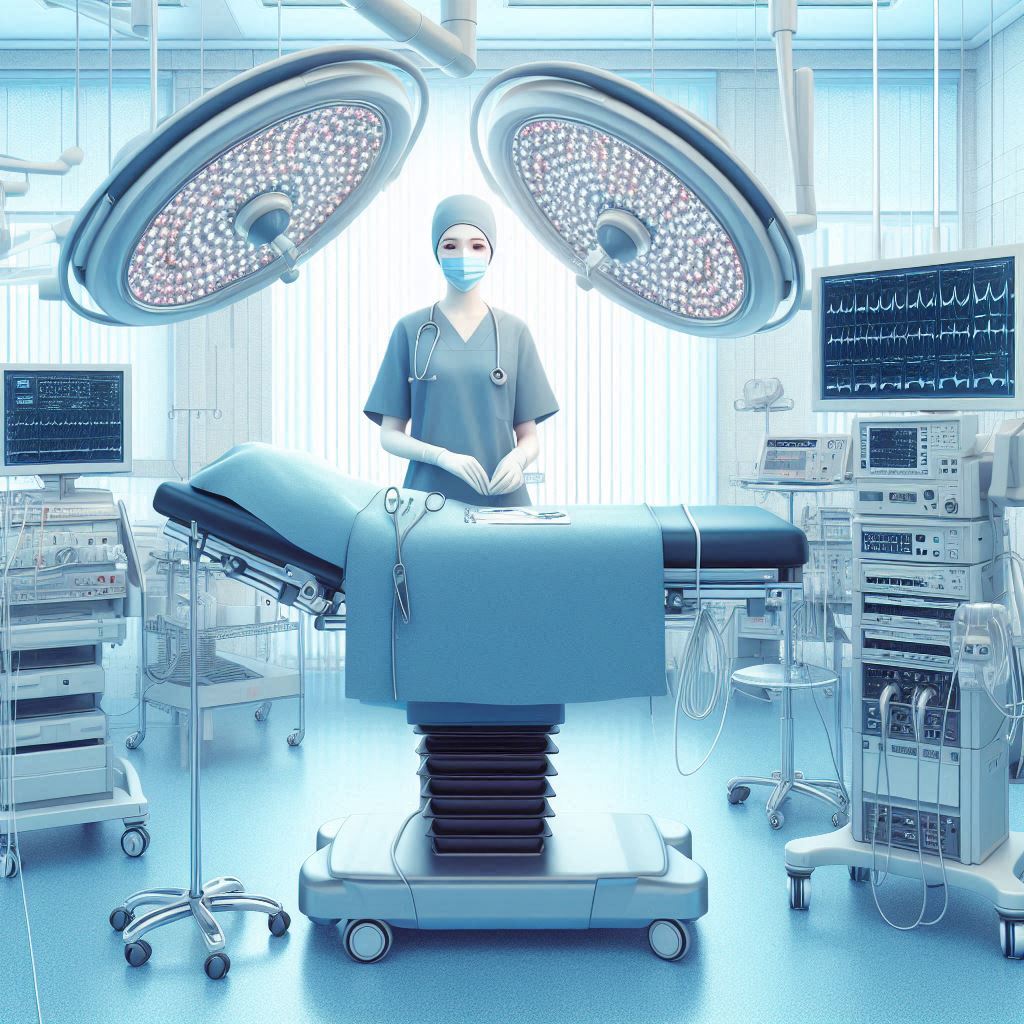This Course Structure is Curated as per the NEP-2020 Guidelines
Course Overview
M.Sc. Emergency Medicine & Critical Care Technology program at Malla Reddy Vishwavidyapeeth, Hyderabad, is a postgraduate course designed to provide advanced training in managing medical emergencies, trauma care, and acute patient stabilization.
This program focuses on equipping students with the theoretical knowledge and hands-on skills from 1st semester itself. The curriculum focuses on advanced emergency response protocols, critical care techniques, trauma management, and prehospital care. Students gain hands-on experience in operating advanced life-support systems, managing critically ill patients, and handling emergencies in high-pressure environments.
Graduates of this program emerge as ‘Senior Critical Care Technologists or Emergency Medicine Specialists’, enabling them to pursue further higher studies & do research in Critical Care and Emergency Medicine, along with plenty of job opportunities globally

Course Details
Description: 2 Years Degree Program
No. of Seats: 20
No. of Credits: 80 minimum & as specified
- Eligibility
- Curriculum Structure
- Program Outcomes
- Career Enhancement
- Higher Studies
- Job Roles & Progression
The minimum eligibility is a B.Sc. degree in Emergency Medicine Technology, Critical Care Technology or equivalent with at least 50% aggregate marks from a recognized university.
| Semester | Name of the Subject |
| Semester 1 | Advanced Anatomy and Physiology Pharmacology in Emergency Care Basics of Emergency Medicine Advanced Life Support (ALS) Practical: Basic Life Support (BLS) and ALS Techniques |
| Semester 2 | Trauma Care and Management Airway and Ventilation Management, Critical Care Procedures Infection Control in Critical Care Practical: Trauma and Airway Management |
| Semester 3 | Cardiovascular and Neurological Emergencies Pediatric and Geriatric Emergency Care Critical Care Monitoring Research Methodology and Biostatistics Practical: Critical Care Monitoring |
| Semester 4 | Emergency and Critical Care Unit Management Advanced Therapeutics in Critical Care Thesis/Research Project Practical: Emergency Care Administration |
- Advanced Life Support (ALS) and Basic Life Support (BLS): Proficiency in life-saving interventions, CPR, defibrillation, and patient stabilization.
- Trauma Management: Skills in managing trauma cases, including fractures, burns, and polytrauma.
- Airway and Ventilation Management: Expertise in airway clearance techniques, intubation, and managing ventilation in critical care.
- Critical Patient Monitoring: Proficiency in monitoring and interpreting vital signs, ECGs, and other critical patient parameters.
- Infection Control in Critical Settings: Knowledge of sterile procedures and infection prevention in emergency and ICU environments.
- Pediatric and Geriatric Emergency Care: Specialized skills for handling emergency cases in pediatric and geriatric populations.
- Certification in Advanced Life Support (ALS) and Trauma Life Support (ATLS): Advanced skills in managing life-threatening emergencies and trauma cases.
- Certification in Airway and Ventilation Management: Specialized training in advanced airway techniques and mechanical ventilation.
- Critical Care Nursing and Management Certification: Emphasizes intensive care management and monitoring.
- Infection Control in Emergency Care Certification: Focused on maintaining sterile environments and preventing infection in high-risk settings.
- Pediatric and Geriatric Emergency Certification: Covers emergency protocols specific to these patient populations.
- Ph.D. in Emergency Medicine or Critical Care: Research-focused degree for those interested in advancing emergency and critical care medicine.
- Fellowship in Trauma and Critical Care: Specialized fellowship training in advanced trauma management and critical care settings.
- Postgraduate Diploma in Critical Care and Intensive Care: Focuses on intensive care procedures, patient management, and critical care techniques.
- Advanced Certifications in Pediatric Emergency Care or Cardiovascular Critical Care: Further specialization for advanced clinical roles.
| Duration | Roles and Responsibilities | Salary Range |
| 0-3 years | Emergency Medicine Technologist, ICU Technician | ₹4,50,000 – ₹7,00,000 per annum |
| 3-5 years | Senior Critical Care Technologist, Trauma Care Specialist | ₹7,00,000 – ₹10,00,000 per annum |
| 5-10 years | Critical Care Supervisor, Emergency Department Manager | ₹10,00,000 – ₹15,00,000 per annum |
| 10+ years | Director of Emergency Services, Chief Critical Care Technologist | ₹15,00,000+ per annum |
Note: Salaries vary based on experience, location, and type of healthcare institution.

Fee Structure Per Academic Year
| Tuition Fee | Miscellaneous Fee | Scholarship | ||
| 200000 ₹ | 10000 ₹ | Above 90% – 40000 ₹ | Between 81-90% – 20000 ₹ | Between 71-80% – 10000 ₹ |




